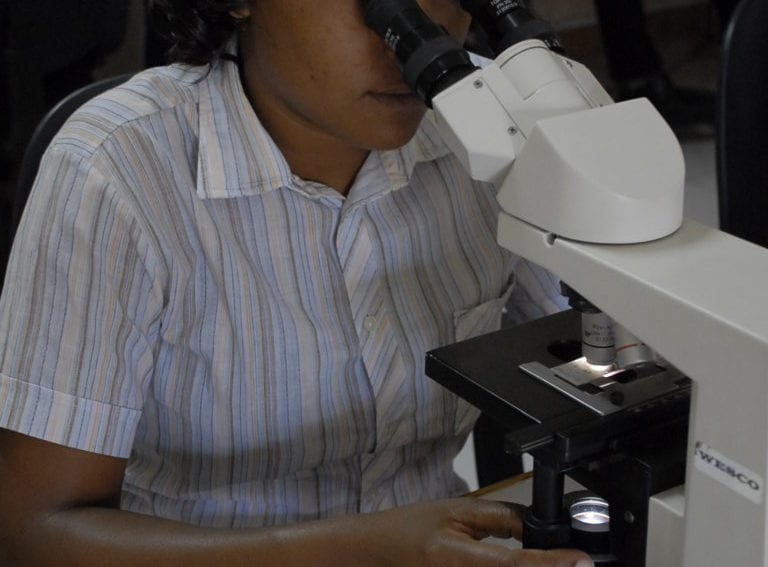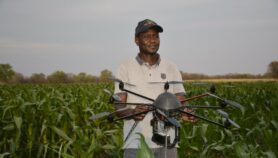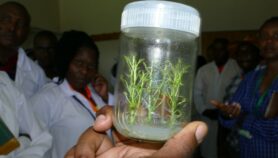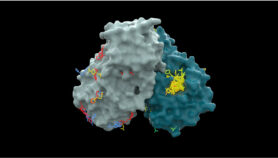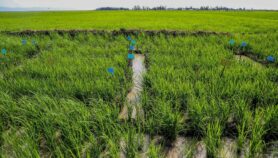By: Aregu Balleh
Send to a friend
The details you provide on this page will not be used to send unsolicited email, and will not be sold to a 3rd party. See privacy policy.
[ADDIS ABABA] Local technologies and innovations can transform healthcare delivery in Africa, health experts and biomedical researchers have told a conference.
The 50 health experts at the conference, while highlighting existing setbacks, reached consensus to prioritise locally generated high-impact technologies to transform Africa’s healthcare delivery.
The experts discussed challenges and the potential for using technologies for controlling diseases, including Ebola during the three-day conference held in Ethiopia last month (20-22 January). The conference, organised by Ethiopia-headquartered African Network for Drugs and Diagnostics Innovation (ANDI), UNICEF and other partners, identified challenges that impede local innovations from evolving to transform Africa’s healthcare system.
“There is a need for somebody to play the role of a broker between researchers and official entities to ensure that the research agenda of government is somehow taken on board by researchers …”
Tshinko B. Illunga, African Network for Drugs and Diagnostics Innovation
Joseph Bonney, a researcher at Noguchi Memorial Institute for Medical Research in Ghana and Misaki Wayengera, a scientist at Uganda’s Makerere University said attempts by African scientists to develop experimental drugs, vaccines and diagnostic devices for Ebola and other diseases have been hampered by shortage of funding, laboratory facilities and capacity-related issues.
ANDI board vice-chairman Tshinko B. Illunga, a public health specialist, told SciDev.Net that despite promising research and innovations made by African researchers, creating a sustainable platform for health innovations to address Africa’s health needs, including the control of Ebola virus, leaves much to be desired.
The meeting sought to develop a strategy to better leverage existing expertise and institutional capacity on the continent, and galvanise partnerships for research and technology development required for enhanced surveillance, diagnosis and management of Ebola and future emergent diseases.
Participants said the existing divide between research and market was a major challenge inhibiting local innovation from bearing products that give solutions to Africa’s health problems.
“Researchers come up with technological solutions …. But it is not the researchers that market the technology in the form of product,” Illunga said, adding that such a role should be taken up by governments, the private sector or public-private partnerships.
“There is a need for somebody to play the role of a broker between researchers and official entities to ensure that the research agenda of government is somehow taken on board by researchers whether they are coming from universities or independent research institutions,” Illunga added.
Lack of funding was also cited as another major impediment to research and innovation in Africa. The health experts proposed to establish a sustainable financing mechanism in Africa to support local technology development, capacity building and Ebola research and development.
Christian Happi, a professor of molecular biology and genomics at Redeemer's University in Nigeria, said the conference provided a unique platform for African scientists to set the agenda for future research innovation for diagnostics and drug discovery on the continent.
ANDI executive director Solomon Nwaka said diagnostics and disease-surveillance technologies for emergent diseases, including Ebola that were discussed during the conference demonstrated the health innovation potential existing within the African continent.
This article has been produced by SciDev.Net's Sub-Saharan Africa desk.


